Foster Parent Spotlight: Meet the Mallinsons
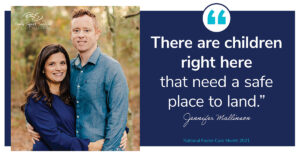
When Jennifer and Greg Mallinson got married 14 years ago, they initially planned on pursuing adoption. But after attending an adoption seminar early in their marriage, they walked away having learned about foster care and knowing they wanted to get involved. “There are children right here that need a safe place to land,” Jennifer says. Once the couple felt they were in a good place after starting their family, they began their licensure process – a process she said was made easier by having friends who were foster parents receiving their first placements. “I think people just don’t understand [foster care],” she notes, but “when you see someone around you doing it, it seems less scary.”
Now six years into their own foster family experience, Jennifer says the most encouraging part of fostering is seeing they “are part of families coming back together — whether that’s a child going to their biological parent or being adopted by a family member.”
“When you have a family member reach out to you and thank you for loving their child, it’s so encouraging,” she says, noting that they still are in touch with some of the families whose children they cared for. Bolstering a strong connection with the birth family when they’re able, Jennifer says, is imperative because “that’s their child and they should be involved as much as they can be. It’s … important to know how the child is doing so the connection is already there” when they are reunified. She helps this process by including photos and letters along with the child during their visits, and providing a scrapbook of photos and milestones when they go home for good. “Anything I would do for a kid that’s going to be with me forever, I do that for them.”
Though Jennifer admits they can get attached to the children in their care, “you need to get attached. That’s what the child needs,” she says. The love and attachment provides security for the children – feelings of support they can take with them and benefit from in their future relationships.
Foster families themselves need support too, she notes – and providing assistance as a non-foster family is easier than people may think. If people who aren’t fostering want to be supportive, Jennifer advises them to reach out to foster families the same way they would for someone who just had a baby, including bringing meals or groceries over, providing gift cards, or simply checking in on them. “Just get a background check so you can provide babysitting” and give parents a break, Jennifer says. “Be intentional with the people in [your life] — don’t be afraid to ask them how it’s going.”
“Foster parents are not super heroes or angels,” Jennifer says. “We don’t have any special powers that give us the ability to do this. We are just willing to show up and keep doing our best to love the children and their families that come into lives.”
To learn more about how you can provide love, support and stability to a child in our area, as a foster parent, please click here for more information.

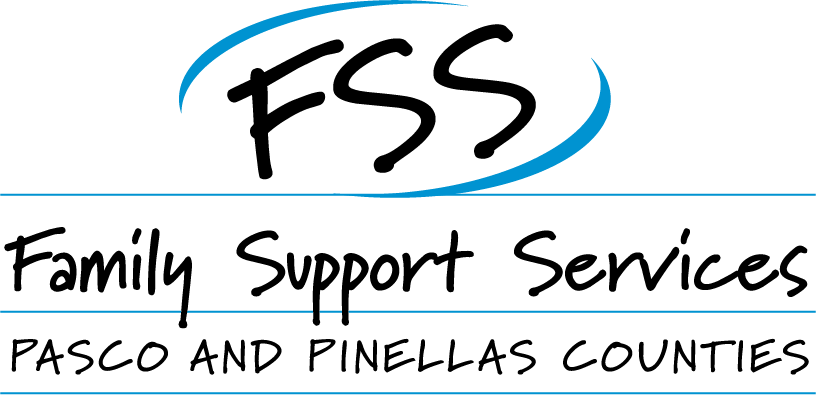
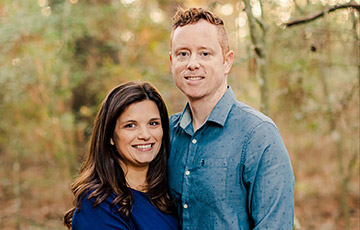
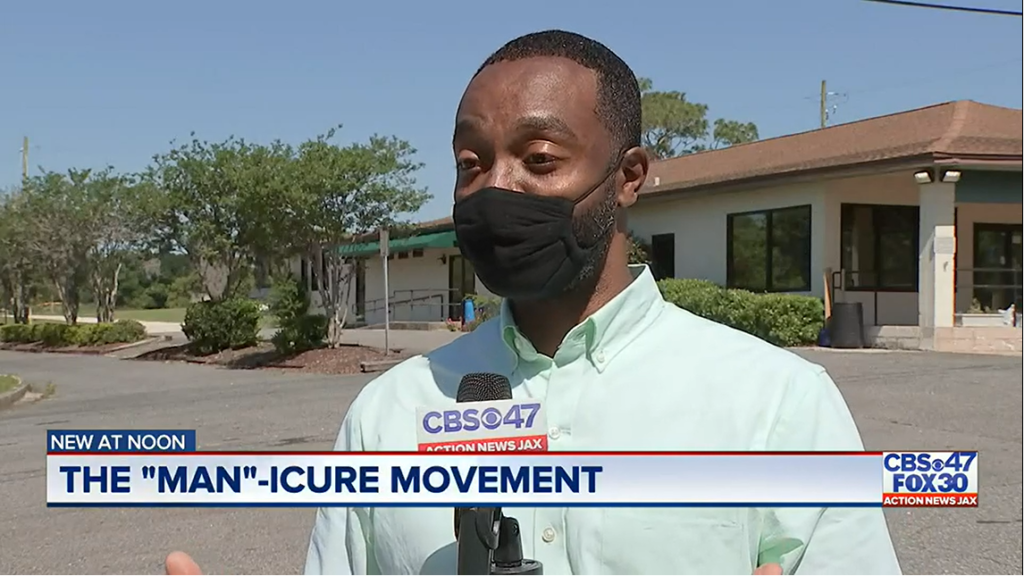

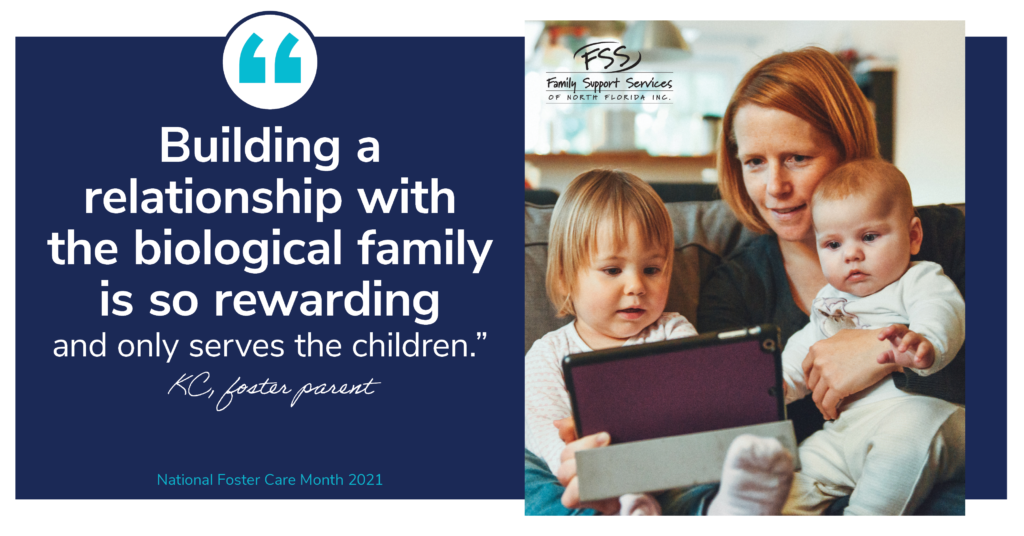


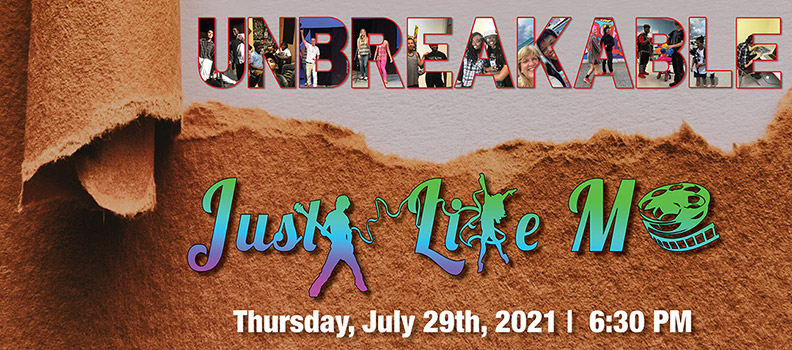
0 Comments